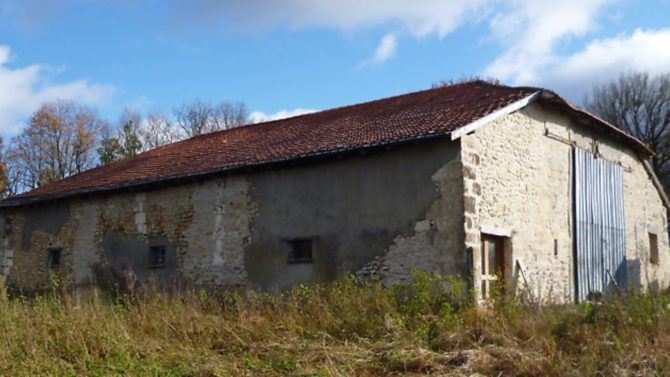Q&A: Planning permission

Your questions answered by the experts
I have found a property in France that I would like to buy, but there is quite a lot of work that I would want to do to it. Is there a way that I could check its development status and that of the surrounding land to find out whether any building work is likely to be approved? Also, what would the planning permission process then involve and where would I start? My French is basic so definitely wouldn’t be up to the challenge of discussing such complicated matters, and I want to make sure that everything is done correctly.
Martin Baker
Hannah Durant of Planning in France
(www.planninginfrance.com) replies:
You are right to want to do everything properly as there are a number of restrictions on development, even in rural areas of France, which could limit your plans. Here are a few tips on how to get a head start before you buy.
Firstly, you need to check the status of the property you plan to buy and make sure that, in principle, a development of the kind you are planning is permissible.
If you have not planned your project in detail and simply want to know the broad rules and regulations governing the property you plan to buy, ask your estate agent if the seller has provided them with a Certificat d’Urbanisme d’information (CUi). This will tell you the following:
l What local planning rules govern the property (e.g. ‘carte communale’ – a rural local plan, ‘zone agricole’, ‘zone non-constructible’ etc)
l What administrative limitations there are (e.g. proximity to a monument historique, which would mean adhering to Bâtiments de France rules)
l What status any buildings have (e.g. agricultural or habitation)
l How close utilities are
l What taxes apply.
If there isn’t one already available, it is a good idea to request a CUi, which can be done at the local mairie for free. The waiting time is up to one month from handing in the request. Although it is only for information, at least this will tell you if there are any restrictions that might limit or prohibit your project.
If you do have defined plans for your project, you could request a Certificat d’Urbanisme opérationnel (CUo), which will tell you whether your specific project is likely to be approved. Conditions such as the ‘coéfficient d’occupation des sols’ (the ratio of development allowed on a given plot of land), the carte communale, flood zones, proximity to utilities and monuments historiques will be taken into account. A CUo will take up to two months to come through.
It is a good idea to go along to the mairie beforehand (with a translator if you are unsure about your French) and simply explain to them what you plan to do. This is potentially very useful and will give you a sense of how amenable the mairie is to your plans, as well as giving you tips on what is likely to be accepted, before taking the official route. I always do this with any CU or planning applications, even if it is just a telephone call to the mairie, as it can save months later on.
Once you have a CUi or a CUo it will last for 18 months, during which time the rules and regulations that applied when you obtained it will still apply. You can request a one-year extension but only if these rules have not changed in the meantime.
Let me be absolutely clear at this point that neither form of CU is a guarantee that you can carry out your planned works. Only a full déclaration préalable de travaux or permis de construire will do that. It is possible to exchange contracts conditionally with a clause that says either you or the seller must obtain a planning permit before the sale is finalised. Some buyers would even wait until the three-month ‘grace’ period has expired as well.
Before applying for a permit, whether before or after completion, you need to work out whether you must request a déclaration de travaux (DP) or a permis de construire (PC). They involve much the same paperwork but a response on the former is delivered within one month instead of two.
Only if your planned works are very minimal would you require a déclaration de travaux alone, such as an extension of under 20m2 or a change of use (e.g. agricultural to habitation) with building works that do not change any external openings or load-bearing walls.
In other cases you need to prepare a permis de construire dossier and wait two months for a reply (except in cases where Bâtiments de France are involved, when it is six months). During the first month you may receive requests for further information.
You can do the permis de construire application yourself for any property that will have a living area of up to 170m2 once finished. Above that, you must employ an architect to do your plans.
I would always recommend that you make contact with the local planning authorities (the Direction Départementale des Territoires or DDT) and, if applicable, Bâtiments de France, to check that they are broadly happy with your plans before you submit them.
They are usually more than happy to advise. You also have recourse to the CAUE, who offer free architectural advice (funded by the taxe d’aménagement that you pay on receipt of
your déclaration de travaux or permis de construire, so you can get your money’s worth in advance!).
This is, of course, just a quick overview of the process for obtaining planning permission. There are more permutations and each case, in my experience, has something different about it. I wish you happy hunting and the very best of luck with your property plans!
Share to: Facebook Twitter LinkedIn Email


